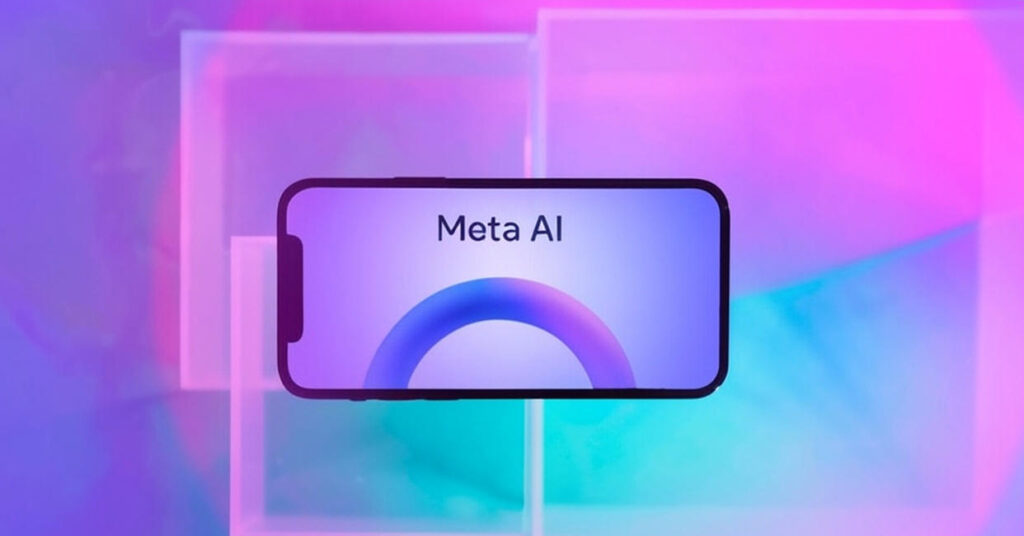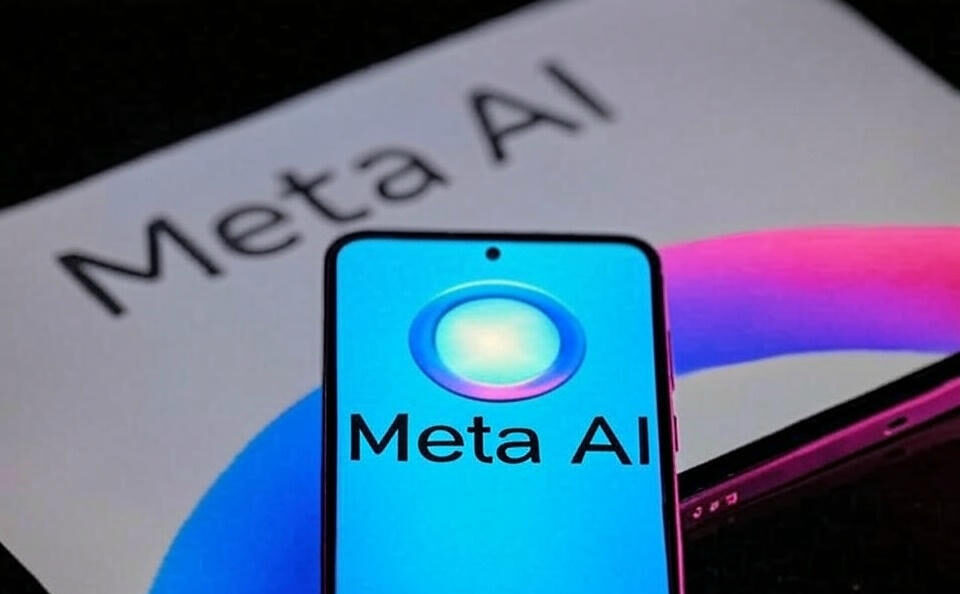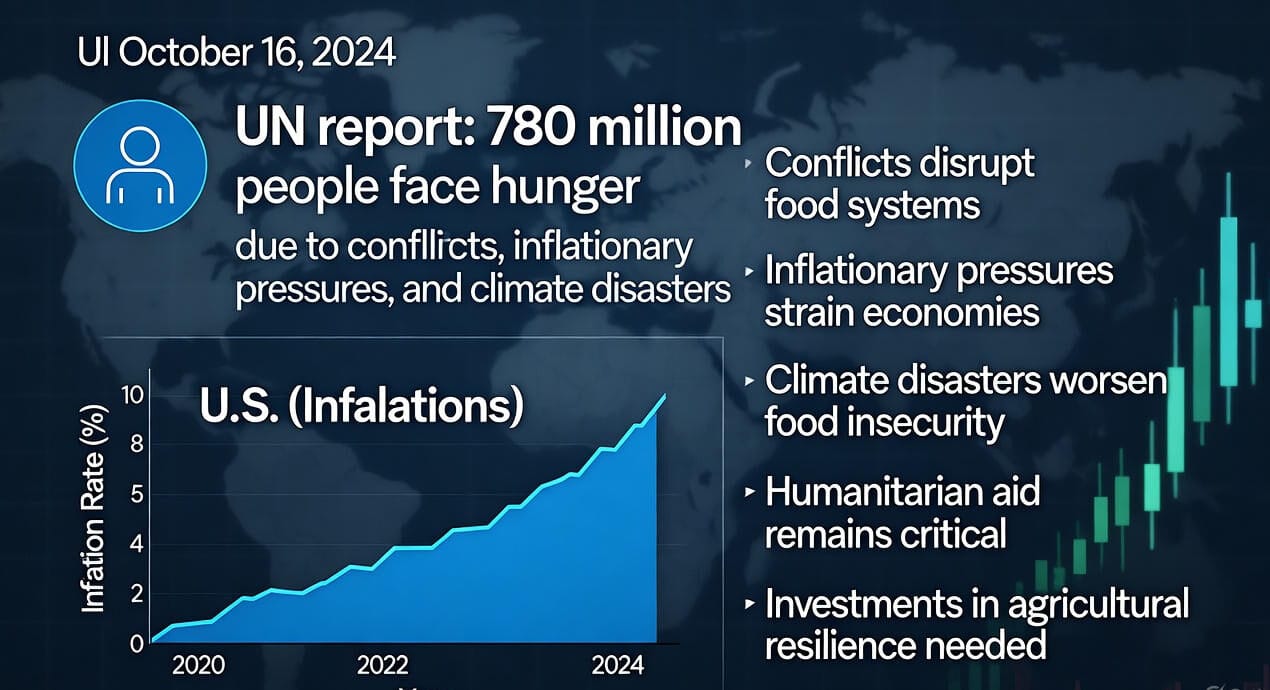
May 12, 2025 — Yo, tech fans! Meta AI just threw its first-ever LlamaCon, and let me tell you, it was a game-changer. They rolled out some seriously cool updates to their Llama AI models, making them faster, smarter, and ready to chat in tons of languages. Plus, they’re keeping it all open-source, which means AI is about to get way more accessible for everyone. Here’s the scoop!
Llama’s Got Speed and Speaks Your Language

So, what’s new with Llama? First off, these models are fast now—like, blink-and-it’s-done fast. Whether it’s powering a chatbot or crunching data, the new Llama cuts down on lag, making everything feel snappy. That’s huge for stuff like instant customer support or real-time translations.
And get this: Llama’s gone global. It can now handle a bunch of languages way better than before. Want to build an app that talks fluently in Hindi, Spanish, or French? Llama’s got you covered. This is a big deal for making AI actually useful for people all over the world, not just English speakers.
Open-Source Vibes = AI for All
Here’s where Meta’s really winning hearts. Unlike some big tech companies that lock their AI behind paywalls, Meta’s like, “Nah, let’s share the love.” They’re keeping Llama open-source, which means anyone—yep, even you or me—can grab the code, tweak it, and build something awesome without spending a dime. It’s like giving every coder a free toolbox to create the next big thing.
At LlamaCon, Meta was all about this community vibe. They basically said, “Take Llama, make it better, and let’s all win.” That’s the kind of energy that sparks crazy innovation.
Why This Is a Big Deal

Okay, let’s zoom out. The AI world’s a bit of a race right now—think Google, OpenAI, xAI, all sprinting to outdo each other. But Meta’s playing a different game. By making Llama super accessible, they’re handing the keys to small startups, indie devs, even students. You don’t need a billion bucks to jump into AI anymore.
Plus, the multilingual stuff? That’s a lifesaver for places where English-only AI just doesn’t cut it. Imagine teachers in rural India or small businesses in Latin America using Llama to create tools that actually speak their language. That’s the future Meta’s betting on.
What’s Next?
LlamaCon was just the start. Meta’s teasing some wild ideas, like maybe hooking Llama up with VR or their metaverse projects. And since it’s open-source, the community’s probably already cooking up some mind-blowing stuff we’ll see soon.








This is a fascinating read about Huawei’s ambitious move to localize semiconductor production. It’s impressive to see how they’re tackling such a complex challenge, especially given the restrictions they’ve faced. The comparison to baking a cake from scratch really puts the scale of this effort into perspective. I wonder how this will impact the global tech industry in the long run—could this shift lead to more companies following suit? The Mate 60 Pro’s success is a testament to their resilience, but I’m curious about the potential hurdles they might still face. Do you think this strategy will ultimately make Huawei more competitive, or could it isolate them further? It’s inspiring to see innovation thrive under pressure, but I’d love to hear more about the specific technologies they’re developing. What’s your take on this—could this be a game-changer for the tech world?